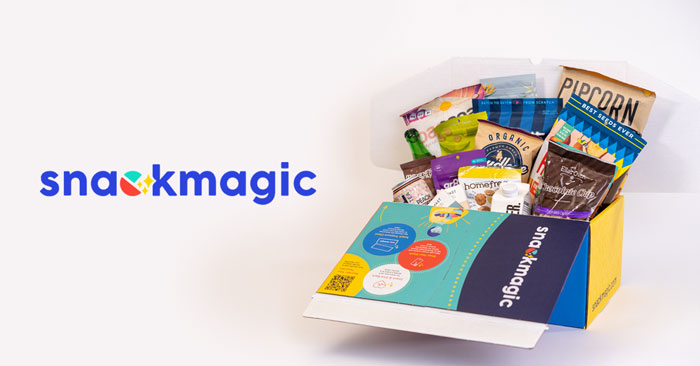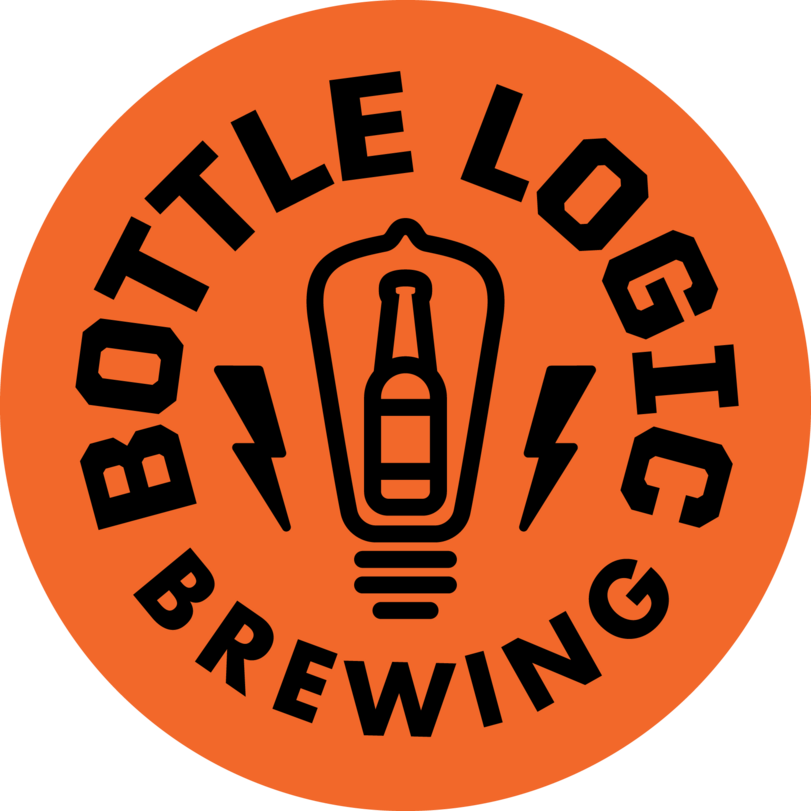With Fresh Funding, Snack Box Platform SnackMagic Bets on Personalization

When the COVID-19 pandemic hit in March 2020, New York City-based office lunch delivery platform Stadium, like many in the food service industry, was forced to abandon its business model practically overnight amid nationwide shutdowns. Faced with a steep revenue drop, co-founder and CEO Shaunak Amin found a silver lining, adapting Stadium’s backend system to launch build-your-own snack box platform SnackMagic, which hit profitability in December and now ships 50,000 boxes monthly.
Just over a year in, the company is eyeing further growth, announcing last week it had raised $15 million in a round led by Craft Ventures with participation from Luxor Capital, which the company will use to expand warehouse capacity and build logistics support as it grows its product offerings to pantry items, desserts and alcohol. It’s the first venture funding SnackMagic has taken, though parent company Kitchen Stadium had previously raised $5 million for Stadium, which launched in 2014.
Bryan Rosenblatt, principal investor at Craft Ventures, said in a Medium post that he was drawn to SnackMagic because of its “clear viral growth, bottom-up adoption, and an unbeatable team.”
“While COVID was sadly a death knell for so many companies, Amin immediately saw an opportunity,” Rosenblatt said. “We believe this innate optimism will serve the company well as it expands into more categories and larger markets.”
To launch SnackMagic, Amin said the company leveraged brand partnerships formed from its Stadium lunch delivery service that allowed customers to add a beverage or snack to their order — a side of the business that he said has been growing rapidly since its launch in 2018. From conversations with food and beverage brand partners, Amin said he realized that many startup brands who relied on in-store discovery “did not have an outlet” for their products, with airports and offices closed and retailer resets put on hold to focus on essentials. Furthermore, there were few options online that mimicked the in-store shopping cart experience of buying a single protein bar or single bag of chips to try out.
“We said, given all this that’s going on, how can we leverage what we built in terms of the technology, the connections and the partnerships?” he said. “We had to repurpose this into something unique that’s not out there, that’s fun and interesting.”
To meet the needs of these brands, Amin decided to apply its Stadium concept to a build-your-own snack box platform, which allows gifters to set a budget for recipients to build their own gift box and have it shipped to their homes. The platform now offers over 800 food and beverage brands, from Beanfields to Wandering Bear.
Upon launching, the company felt immediate demand from corporate partners who wanted to offer homebound employees the office perks like free food and drink in the office that they were now missing. It has since partnered with companies like Toyota, Microsoft, Spotify and Google, along with a number of universities, who often give gift boxes to 1,000 people at a time. B2B sales make up about 90% of the business, Amin said.
The concept of a giftable snack box is nothing new, but Amin said the company’s personalization element helps it stand out from curated snack boxes that don’t cater to different preferences or dietary restrictions. Those who like a particular snack in their box can also buy individual products in larger pack sizes on the site, and are also encouraged to “pay it forward” by gifting a snack box to someone else, Amin said. This supports a “virality” that has led to the company garnering a “higher than expected” recurring order rate, said Stephanie Yudowitch, Stadium and SnackMagic co-founder and merchandising lead. Still, she said the company is “anti-subscription,” believing that its customers should not be “forced to do anything.”
While the majority of its offerings come from emerging brands, Yudowitch said it’s less focused on company size than it is “new and innovative” products, as it also sells products like Mondelez-owned Tate’s and Coca-Cola-owned Topo Chico. It’s also recently added pantry items, offering spices, condiments and baking mixes. This summer, it will expand into “meal kits,” with boxes featuring ingredients to make a recipe for a tropical smoothie or overnight oats, and will add pick-your-own wine boxes in Q4.
In addition to providing brands with opportunities for consumer discovery, SnackMagic also gives brands on its platform access to a portal to track real time data about their sales, demographics they’re reaching and what consumers are pairing with their products in snack boxes. Access to this type of data has been an asset to brands, Yudowitch said, particularly as emerging brands work to grow their retail footprints. Brands can view which geographical areas have purchased their products the most, which has helped them tailor their retail strategies in determining which regions they should target, she said.
“One thing we realized when we were doing this whole exercise was the whole CPG ecosystem was very, very opaque,” Amin said. “Founders of these brands are entrepreneurs, and we as entrepreneurs are data people. We’re going to empower them with all this data and analytics and insights so they can make better decisions for their business, which ultimately will become better decisions for us.”
As a business that has thrived in the new reality brought on by the pandemic, Amin is aware that dynamics may change post-pandemic as workers return to offices. Stadium has plans to resume its services in New York City this year, and SnackMagic has already been shipping boxes to hybrid in-person and virtual events, as well as to offices and hotels, and is prepared to adapt to the changing landscape post-pandemic.
“The name of the game is going to be flexibility, because employers are going to be more flexible going forward,” Amin said. “So we as a company also have to be flexible no matter where it is, whether it’s offices, hotels, homes or AirBnBs, SnackMagic should be wherever customers are.”
















